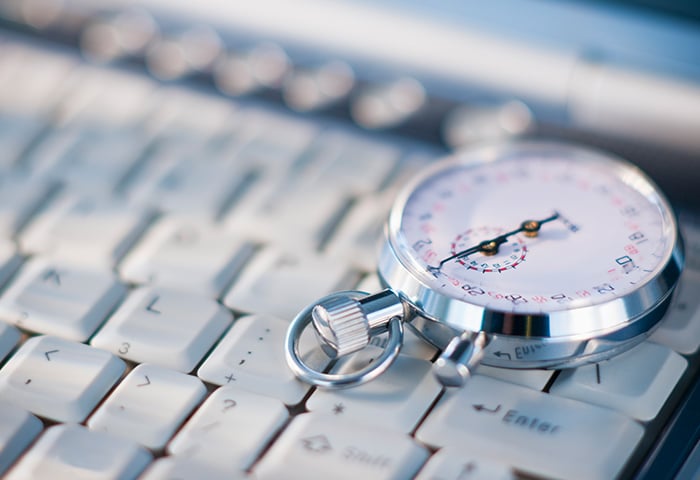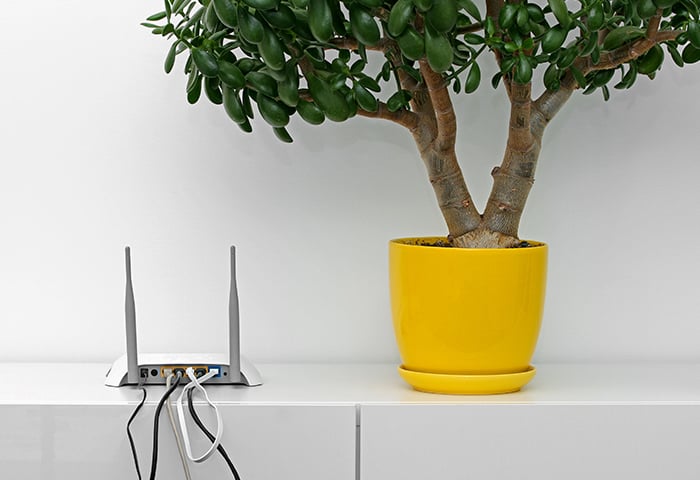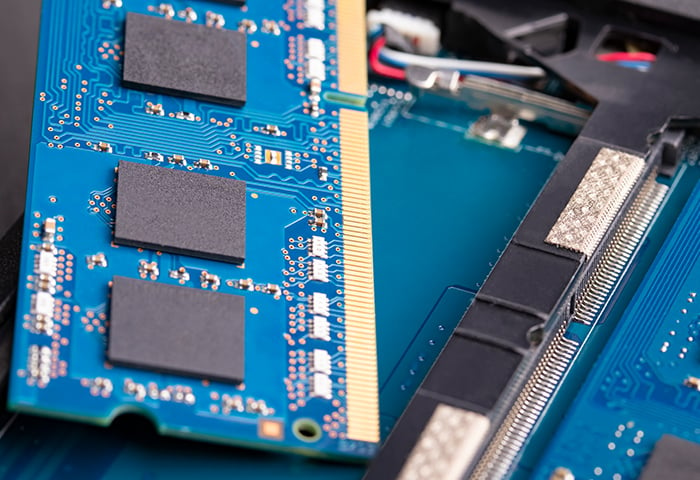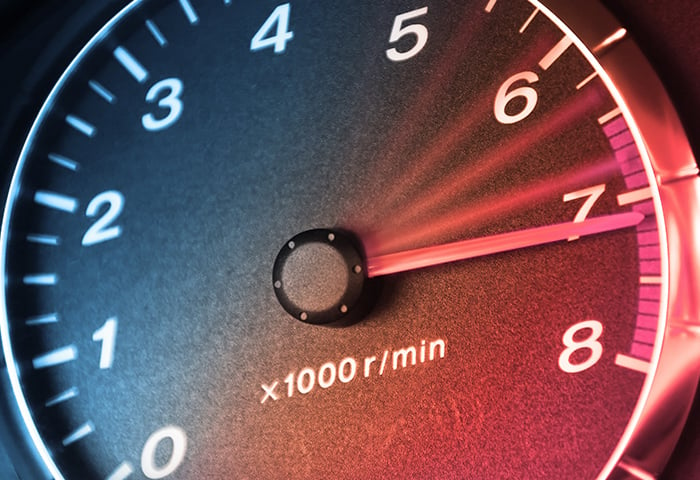How to speed up Windows boot time
Speeding up boot times in Windows 10 and other versions is all about efficiency. The less your computer is doing while starting up — the fewer processes it has to run — the faster your boot time will be. Improving your Windows boot time is one of many ways to make your computer faster.
Limit startup programs
Startup programs are the apps on your PC that automatically load while your system is starting up. Reducing the number of active startup programs is an effective way to get a fast startup in Windows 10.
-
Open the Start menu and click the Settings cog.

-
Select the Apps category.

-
Click Startup on the menu on the left to choose the programs that will launch during startup.

Turn off as many startup programs as you can, and you’ll be on your way to a fast boot in Windows 10.
Enable fast startup for Windows 10
The Windows 10 fast startup feature is a built-in way to speed up boot times. It’s been part of Windows since Windows 8 and should be turned on by default in Windows 10. Here’s how to activate fast startup in Windows 10.
-
Open Settings from the Start menu.

-
Choose the System category.

-
Click Power & sleep from the menu on the left, then click Additional power settings under the Related settings header.

-
Click Choose what the power buttons do on the left-side menu.

-
See if the Turn on fast startup (recommended) box is checked.
If it is, then you’re already using the Windows 10 fast startup options. If not, click the Change settings that are currently unavailable link toward the top of the window. Check the box for Turn on fast startup (recommended), then click Save changes.

Upgrade to Windows 10 or Windows 11
Older versions of Windows may load slower than Windows 10 and the newer Windows 11. While speeding up your boot time in Windows 7 or Windows 8 will help, your computer will perform even better if you upgrade to a newer version of Windows, like Windows 10 or 11.
-
Back up your data to a cloud storage solution or external drive. You can also clone your hard drive.
-
Head to Microsoft’s Software Download page.
-
Click Windows 11 or Windows 10 and follow the instructions to download and install Windows.

You’ll need to already have a license for the version of Windows you’re trying to install. If you need one, visit Microsoft’s Windows page and choose a version of Windows to buy from the Windows OS drop-down menu. You can download and install Windows directly from here as well.

Upgrade to an SSD
Sometimes, slow boot times are a hardware problem. It takes much longer to load Windows on an older hard disk drive (HDD) than on a newer and faster solid-state drive (SSD). Upgrading to an SSD will significantly speed up boot times in Windows 10 or 11.
The difference in speed is one of the biggest advantages of an SSD vs. HDD. If you’re happy with your current computer, you can simply swap out the hard drive for an SSD. Most newer PCs and laptops come with SSDs, so if it’s time for a new machine, you can get an SSD that way as well.
Upgrading to an SSD also helps resolve performance issues like 100% disk usage in Windows. After upgrading to an SSD, stress-test your CPU to see how your computer’s performance has improved.
Speed up boot time automatically with AVG TuneUp
AVG TuneUp is an automated PC optimization tool that boosts the performance of your computer. It’s an easy way to get a Windows 10 fast boot and enjoy a cleaner computer.
-
Download and install AVG TuneUp.
-
Click the All functions icon on the right side of the screen, then click Show background & startup programs on the menu that appears.

-
Click Sleep to prevent any of the programs shown here from running in the background and slowing down your PC. This will help to speed up your boot time in Windows 10 or 11.

Why is my computer startup slow?
While all computers slow down over time, slow startup times are often a result of outdated software or excessive activity. Solving these issues is often the key to unlocking a Windows 10 fast boot.
Outdated drivers
Drivers are small programs that control the hardware — such as your graphics card or sound card — in your computer. Hardware companies are always issuing driver updates, and if your drivers haven’t been updated in a while, they may slow down your PC’s boot time.
Updating your graphics drivers and getting the newest audio drivers can help your PC start faster and may likely fix other related issues as well, such as glitchy video or audio performance. You can manually update your drivers, but you’ll need to do this frequently, and with all your drivers, to get the best performance.
AVG Driver Updater can handle it automatically by sourcing new drivers and installing them whenever they’re available. Get a faster PC without lifting a finger.
Too many active apps
The more programs you install on your PC, the slower it will feel. Many programs continue to run in the background, even when you’ve closed them. This background data and activity saps RAM and slows down your computer.
The patented Sleep Mode in AVG TuneUp prevents programs from running in the background, resulting in more computing power for the things you actually need.
New updates
One of the most common background activities is when programs check for new updates. Since they often do this when your computer starts up, all these checks can slow down your boot times.
Since software updates often contain security fixes, install them whenever you can. Using the most current versions of all your software, including Windows, is a strong defense against hacking. This counts double for your antivirus software — always use the latest version of the best antivirus software to keep your devices as safe as possible.
Malware
Slow boot times can be a symptom of a malware infection. Viruses, Trojans, spyware, and other types of malware can consume a lot of your RAM and CPU resources — leaving little for Windows itself to use when starting up. A reliable malware removal tool can clear any infection you may have to help speed up boot times and get your computer running normally again.
Speed up boot time with AVG TuneUp
Keeping your computer in optimal shape requires a lot of constant care. But AVG TuneUp makes it effortless. Our automated performance booster cleans out and optimizes your computer to improve its performance across the board — including when starting up.
Enjoy a computer that loads faster and works faster with AVG TuneUp.













/How-to-speed-up-your-iPhone-Thumb.jpg)













